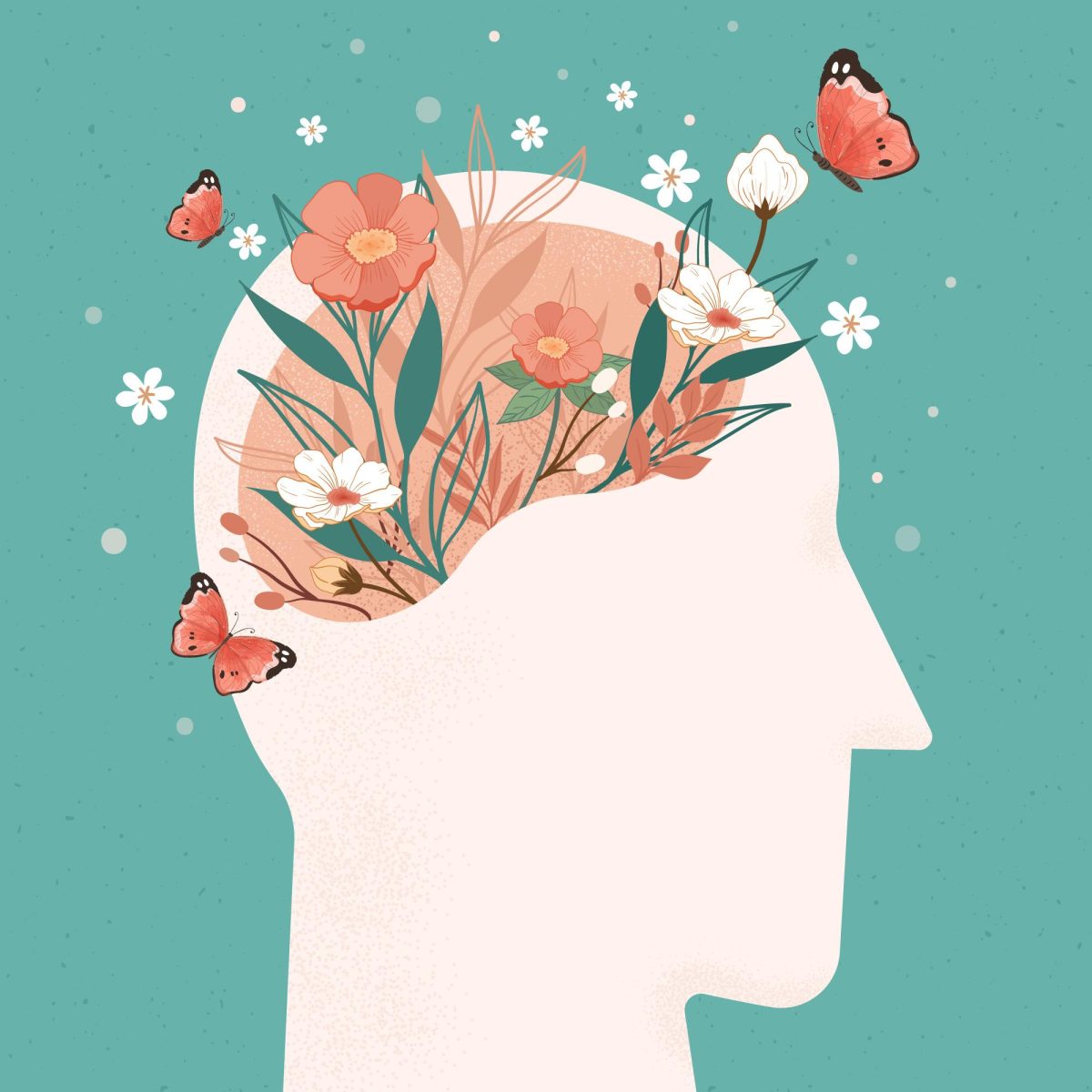The Importance of Nurturing our Whole Selves
Just as the name of this column tells us: MENTAL HEALTH MATTERS! In truth, what in our own lives and the lives of the people we love matters more than our mental health? Of course, our physical health is important too, but what if we started thinking of ourselves, and ALL humans, in the following way:
Just as an egg is made up of the yolk, the white, and the shell, let’s think of ourselves as a mixture of our physical well-being, our spiritual well-being, and our mental well-being. Each is an important part of the totality of our whole self.
We are told from the time we are very young how we must pay attention to our body and our physical health. Brush your teeth. Eat fresh fruits and veggies. Stay away from too much sugar. Watch your blood pressure. Wear sunscreen… The list goes on and on AND it gets longer as we get older! In other words, we are taught how we are to take care of our bodies.
How about tending to our spiritual health? It is more than our religion. It is the fundamental of how we believe we fit into the “bigger picture.” There are as many ways to approach this facet of ourselves as there are stars in the sky! Whether or not we were brought up in a church setting, we all learned something about the treatment of others, right and wrong, and other guides to our relationship with the world. Hopefully, we continue to develop our spiritual health throughout our lives, just as we do our physical health.
I have noticed, at recent routine doctor visits, that I am asked if I feel safe at home, if I feel depressed, and other questions that focus in on my emotional and mental health. My healthcare provider explained this was now common practice within the medical community. I think this is a great step in the right direction to show us our MENTAL HEALTH is just as important as our physical health. As much as we are taught to tend to the health of our bodies, to have a sense of how we develop our relationships with those around us, talking about our mental health does not come as easy for us. These questions being asked by our doctors is a good place to start, but it must go deeper and further.
In order to have a community of children who are resilient and able to handle the ups and downs of life, who are able to mature and develop appropriately, who can go to school and learn and grow, we must ensure they know they have responsible adults they can go to for help. We ask our children if they have brushed their teeth, but have we asked them about the feelings they are having about themselves? Have we asked them what makes them happy, what makes them sad? Our children must know that taking care of their feelings is just as important as taking care of their bodies. Mental health needs to be discussed and talked about freely. And when problems arise, just as we would take care of a broken leg, elevated blood sugar, or a burst appendix, we need to address them openly and directly. We need to seek help for ourselves and our children when there are concerns.
Talk about this at the dinner table. How are you feeling? Do you feel safe? Do you feel happy? What are some things you can do when you are feeling sad, anxious, lonely? What are some things you think about before you go to sleep? When we cultivate a culture in which our feelings are talked about freely and our mental health is considered as important as our physical health, we will see happier children.
If you have concerns about yourself or someone you love, talk with your family healthcare professional. In New Mexico, this 24-hour, 7-days-a-week phone line is available: call 1-(855) 662-7474 or text “NAMI” to 741741 for confidential and free counseling.
Author
-

Mental Health Matters: The northern Taos County communities have lost several young people in recent months. Questa del Rio News is starting a column dedicated to mental health matters. Dawn Provencher is a retired counselor. She has a master’s degree in counseling and a master’s degree in social work. She will be contributing to this column on a monthly basis.
View all posts


